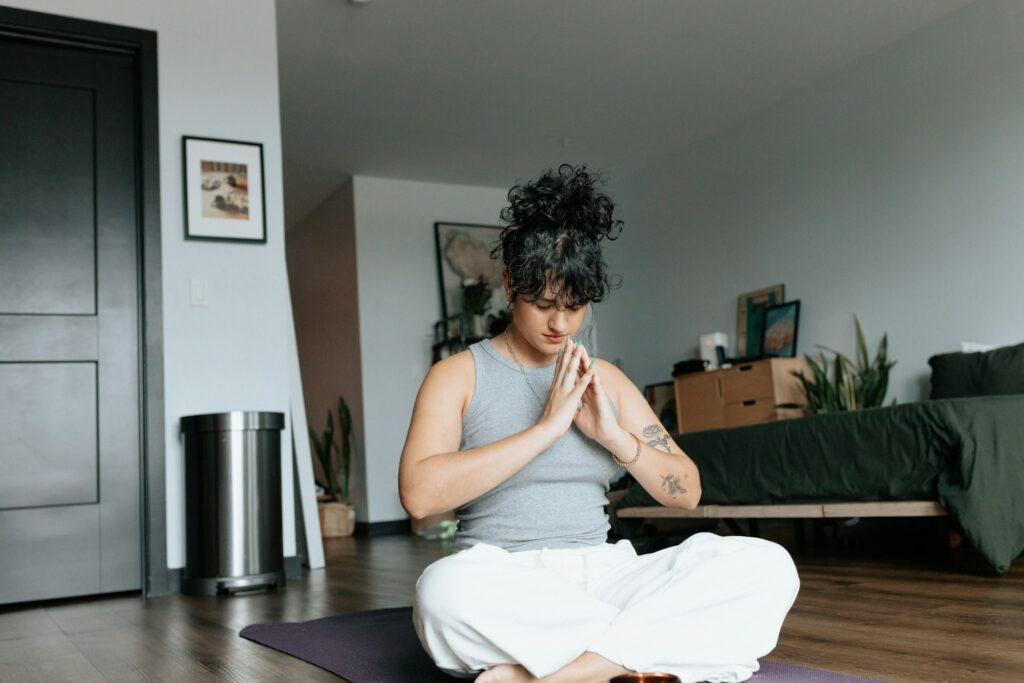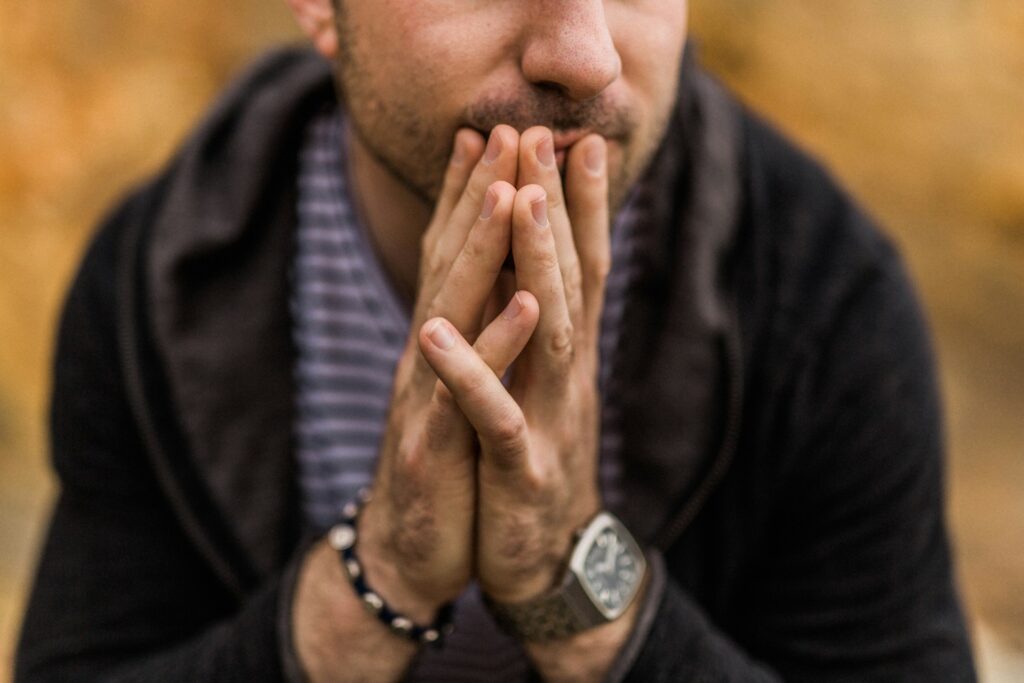Spiritual growth sounds lovely in theory—calm mornings, balanced energy, glowing inner peace.

However, in real life, it’s often confusing, uncomfortable, and full of emotional detours. Healing deeply doesn’t always look graceful, and it rarely follows a neat timeline. Here are some things no one really tells you about what it takes to grow spiritually in a real, lasting way.
1. The more self-aware you become, the more uncomfortable truth you uncover.

Growth isn’t just about discovering light—it’s about seeing your shadows clearly for the first time. As your awareness deepens, so does your ability to spot the ways you’ve been avoiding, reacting, or repeating unhealthy patterns. This level of clarity can feel brutal at first. You start to see how much of your behaviour has been shaped by fear, ego, or unprocessed pain. It’s humbling, and it doesn’t come with instant relief, but it’s the start of something honest.
2. It’s not all love and light—you get angry, messy, and reactive sometimes.

People often associate spiritual growth with calmness, but getting there means confronting a lot of emotional noise. Old wounds, defensiveness, and grief all come to the surface, sometimes explosively. You might catch yourself lashing out or feeling frustrated with people who haven’t grown in the same way. It doesn’t mean you’re failing. It means you’re moving through the thick of it instead of staying numb.
3. You’ll probably outgrow relationships that once felt safe.

As you heal, your needs change. The people who once made you feel seen or secure might start to feel like they’re keeping you small. You’ll notice mismatches in values or emotional depth that weren’t obvious before. It can be lonely, even heartbreaking. You don’t hate these people—you just can’t shrink to fit old dynamics anymore. Growth sometimes looks like loving people from a new distance.
4. You’ll miss your old self, especially when healing gets hard.

There’s a strange nostalgia that hits in the middle of growth. You’ll long for the version of you who didn’t overthink everything, who didn’t feel this much, or who got through life without questioning so much of it. That doesn’t mean you want to go backward—it means you’re human. Even when your old self was operating from survival, there’s a comfort in what’s familiar. Letting that version go isn’t easy, even if it’s necessary.
5. You don’t always feel like you’re healing, even when you are.

Progress isn’t always obvious. Some days, you’ll feel like you’ve slipped backward, fallen apart, or made no progress at all. However, healing is happening quietly in the background, even when you can’t track it. Growth isn’t measured by how good you feel. It’s measured by how aware you are, how you respond, and how willing you are to stay with the discomfort instead of running from it.
6. You might become more emotionally sensitive, not less.

People think healing makes you tougher—but it often makes you more open. You feel more deeply. You notice subtle changes in energy. You become more attuned to pain—your own and other people’s. This sensitivity isn’t weakness. It’s the side effect of not being emotionally numb anymore. Learning to hold that sensitivity without drowning in it becomes part of the real work.
7. You’ll question everything you used to be certain about.

Old beliefs, routines, roles, and assumptions get shaken. What once felt like truth starts to feel restrictive. You find yourself rethinking relationships, careers, habits, and even your definition of success. That unravelling can feel destabilising, for sure, but it’s necessary. You can’t build a new foundation without questioning the one you inherited. Growth requires doubt before it brings clarity.
8. Spiritual practice won’t always feel grounding.

Sometimes meditation will frustrate you. Sometimes journaling will stir up more confusion than peace. Sometimes the rituals that once soothed you will stop working entirely. That doesn’t mean you’re doing it wrong. It means you’re changing. Your inner landscape is changing, and your tools might need to evolve with it. Even the discomfort has something to teach you.
9. You’ll mourn the ease of ignorance.

There’s a kind of peace in not knowing—when you lived on autopilot, ignored your intuition, or didn’t analyse every emotional twitch. When that fades, things get heavier before they get lighter. You’re now aware of your patterns, your triggers, your role in certain dynamics, and that awareness isn’t always freeing. However, as time goes on, it becomes empowering. You’re no longer a passive participant in your own life.
10. You won’t always know who you are anymore.

As old identities fall away, you go through a strange in-between space. You’re not who you were, but you’re not yet sure who you’re becoming. It feels unmoored, confusing, and vulnerable. This in-between is sacred. It’s where new values get built. It’s where you stop performing and start listening. You’ll figure it out, but only by letting yourself not have all the answers for a while.
11. You’ll start noticing things you used to tolerate now feel unbearable.

Environments, behaviours, or conversations you once brushed off will suddenly feel loud, draining, or misaligned. What changed? You did. You raised your awareness, and your standards. This means you’ll walk away from things other people still accept. You’ll hold boundaries that confuse people. It might make you feel dramatic or “too much,” but it’s actually integrity taking shape.
12. You might feel lonelier for a while.

Growth is personal. It’s internal. It often happens in silence while everyone else seems to keep moving on, unaware. That disconnection can feel intense—like no one sees what you’re carrying or shedding. Of course, solitude isn’t the same as isolation. And the people who truly see you will find their way into your life. The loneliness doesn’t last forever, but the depth it gives you will.
13. You’ll realise healing doesn’t mean becoming unbreakable.

You don’t heal to become invincible. You heal so you can move through life with more awareness, more intention, and more compassion—for yourself and other people. The pain doesn’t disappear. It just doesn’t run the show anymore. The goal isn’t perfection. It’s presence. Spiritual growth is messy because it’s real. And the fact that you’re still showing up for it, even when it feels like chaos? That’s what transformation actually looks like.


